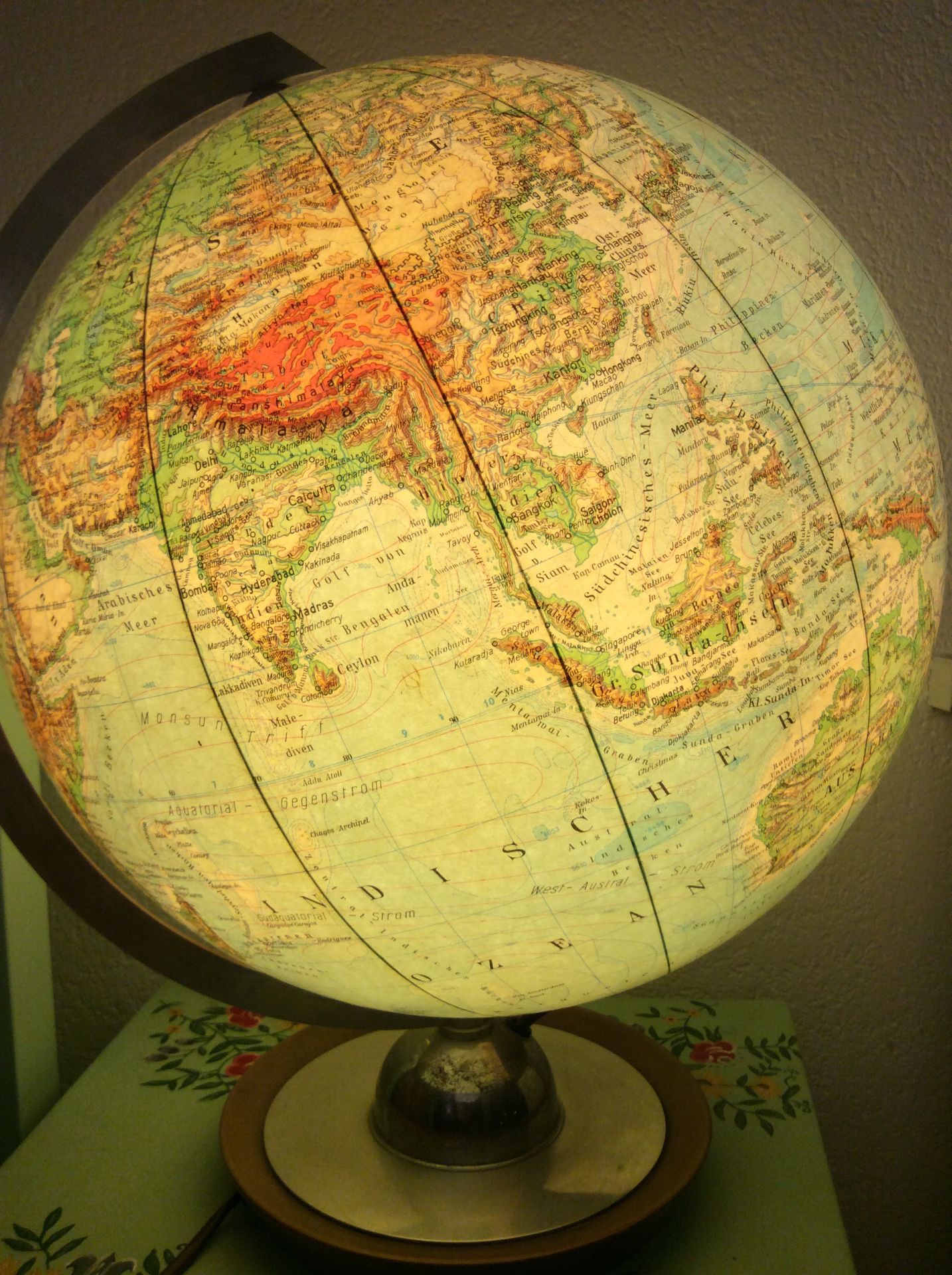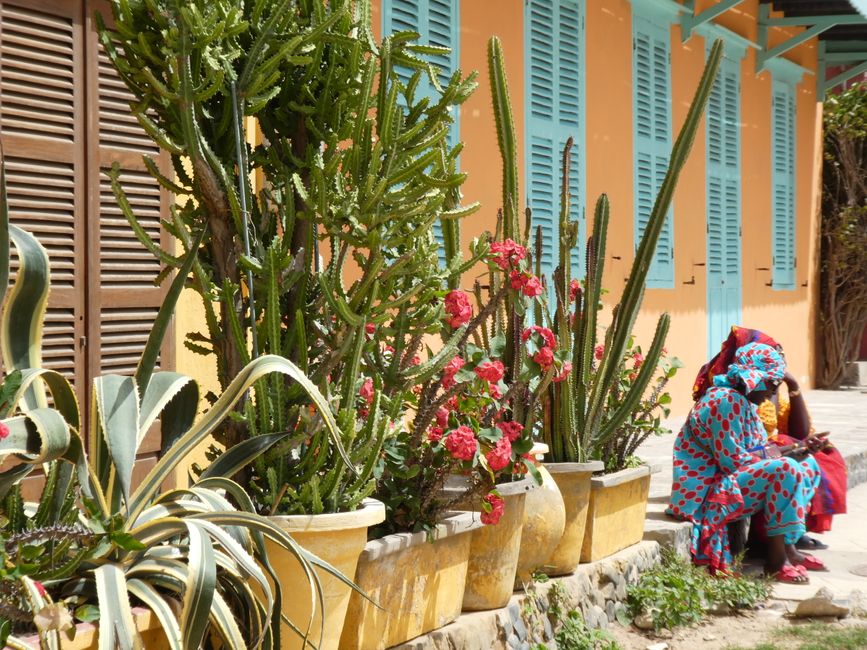Return to Cambodia - alternative activities in Siem Reap and the capital Phnom Penh
प्रकाशित: 07.04.2019
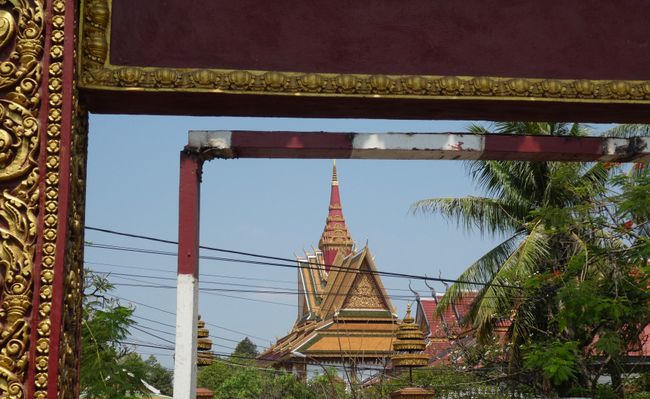
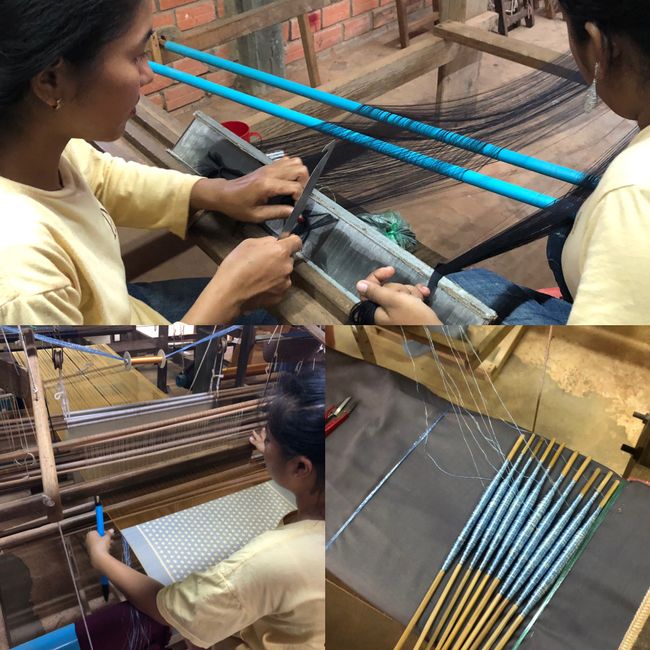
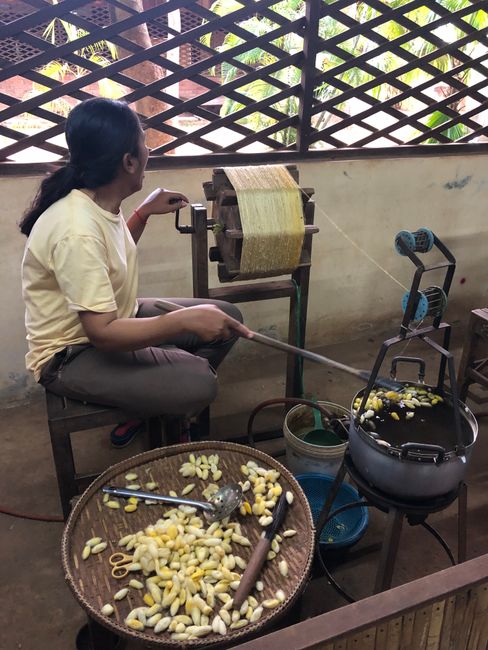
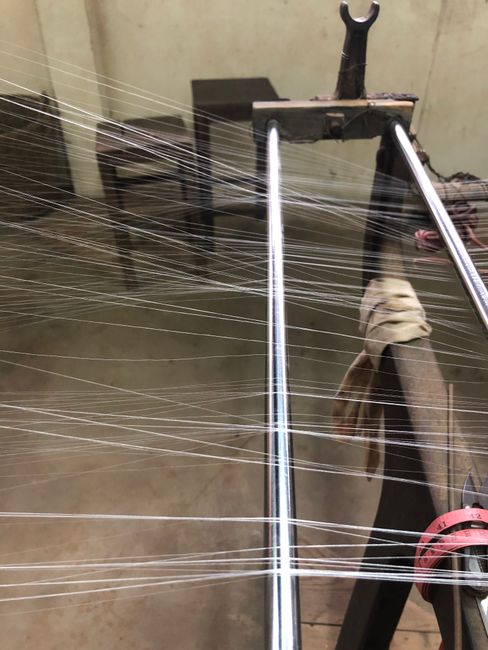
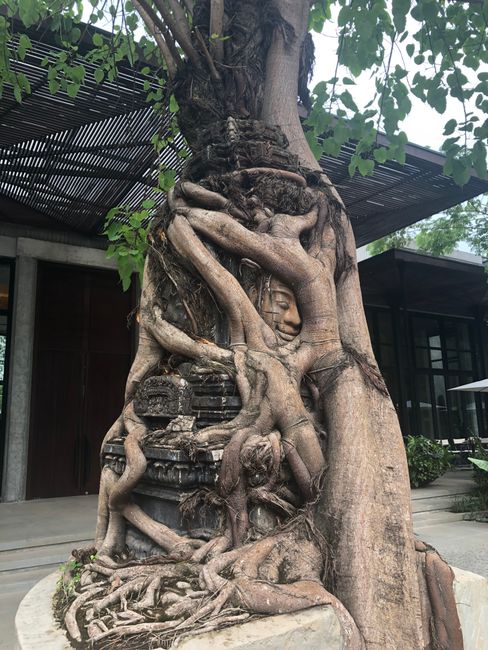
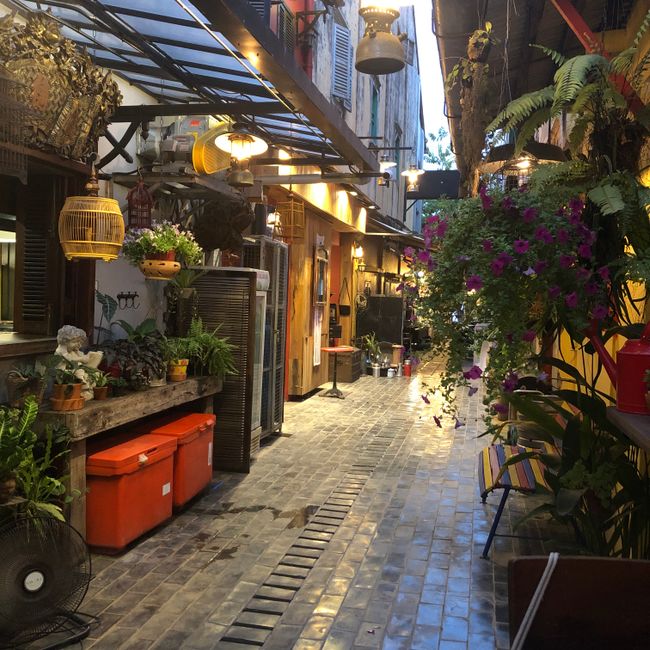
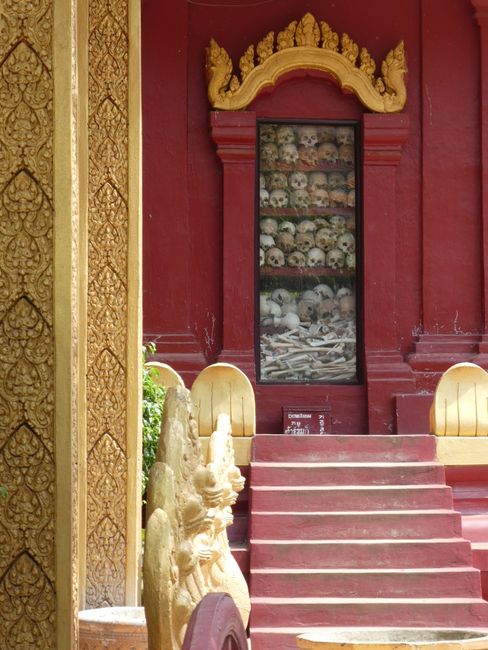
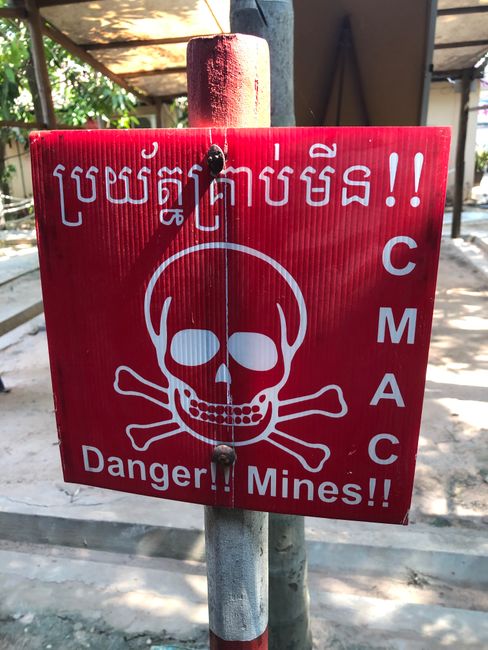
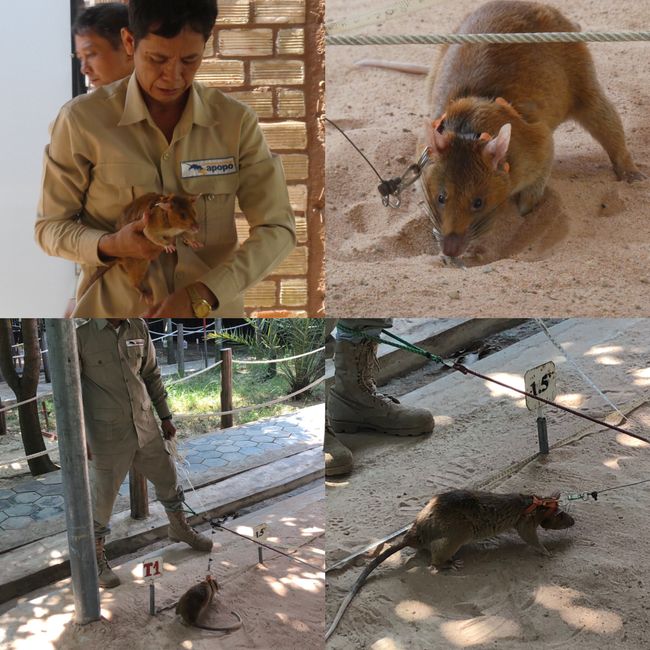
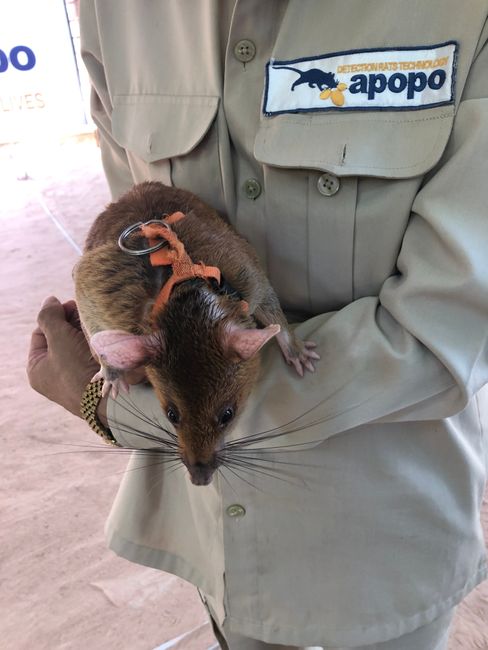
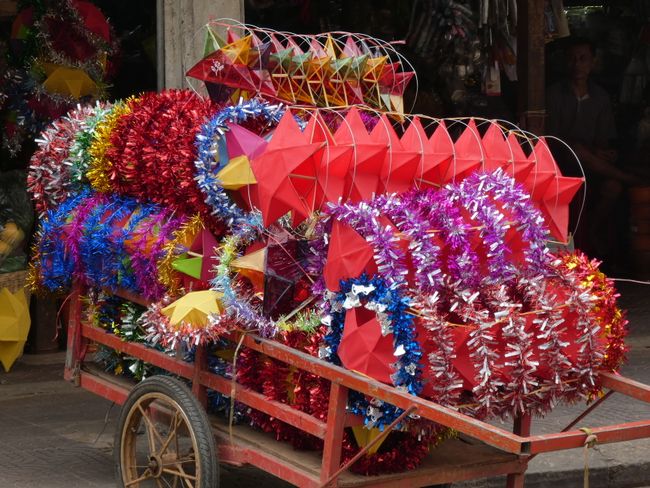
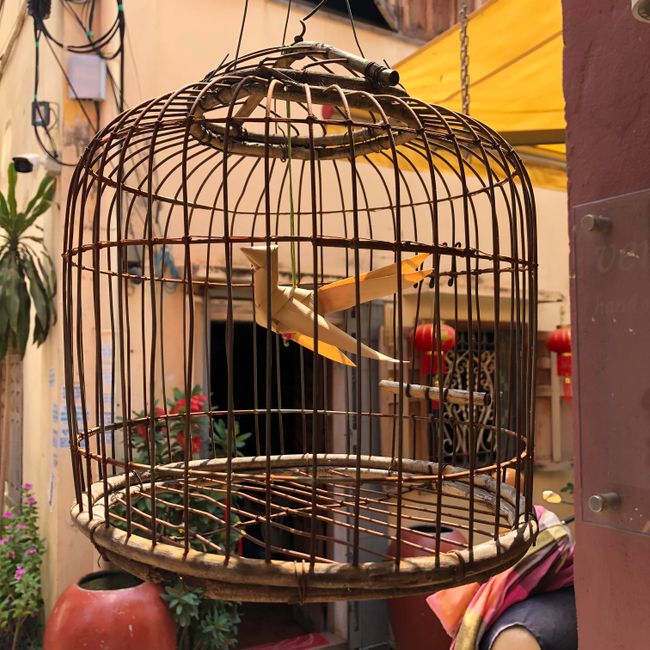
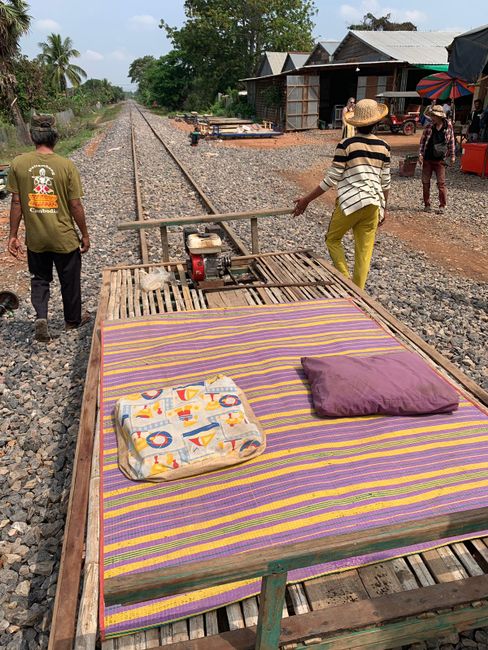
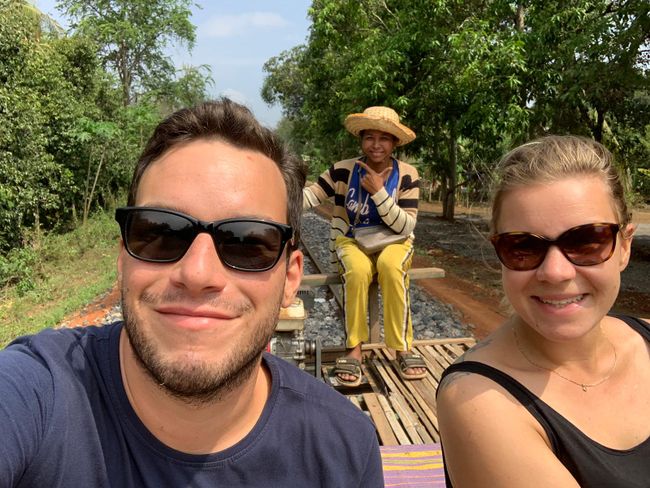
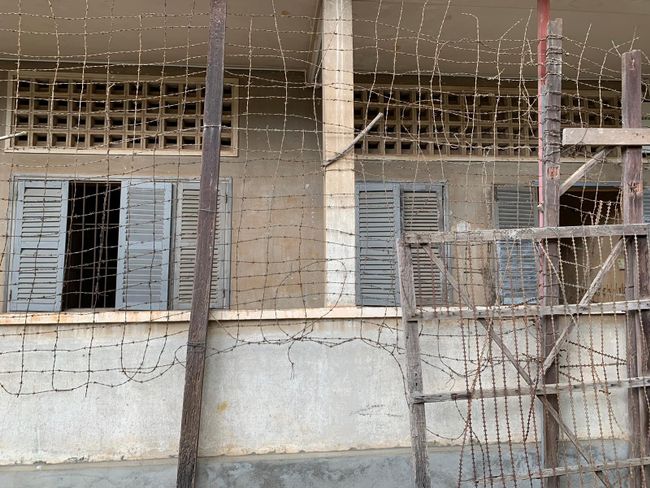
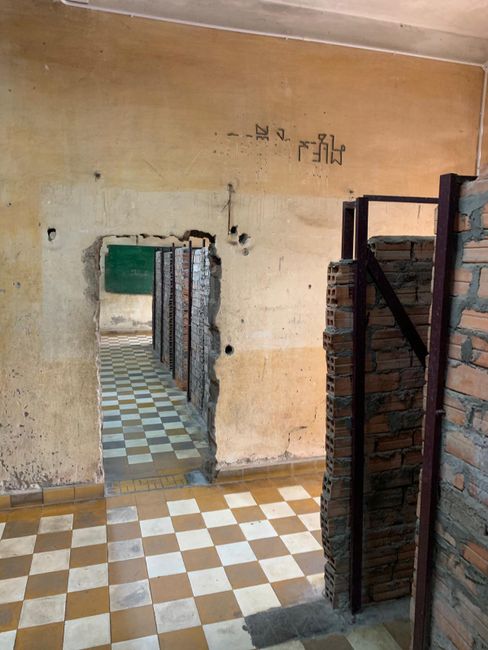
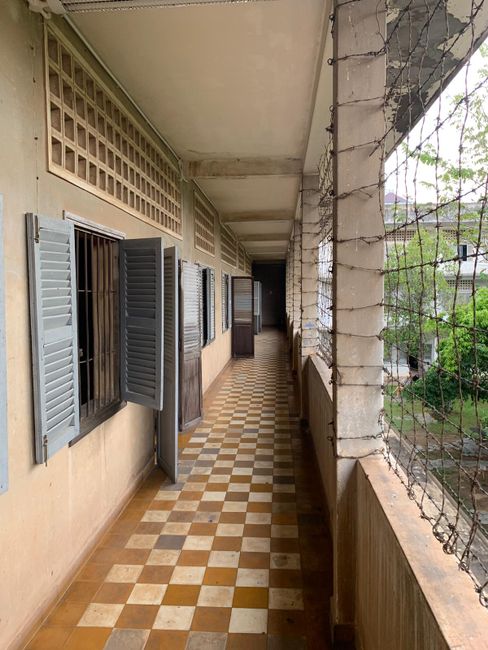
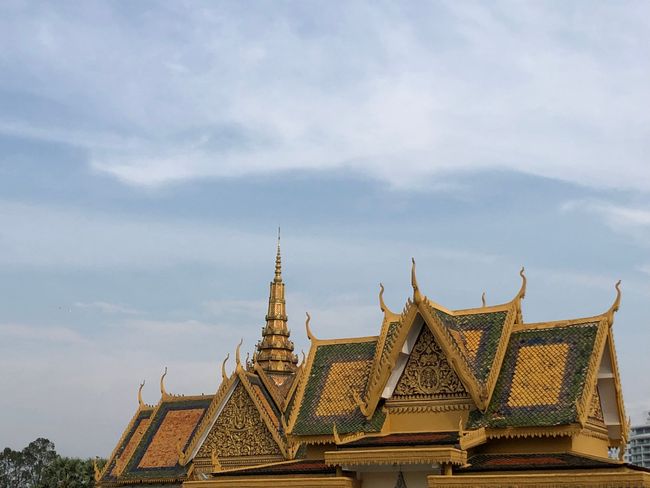
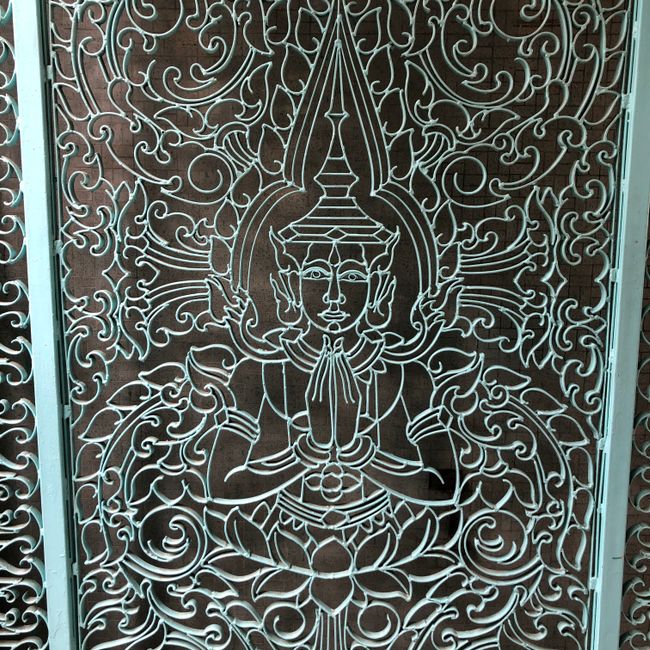
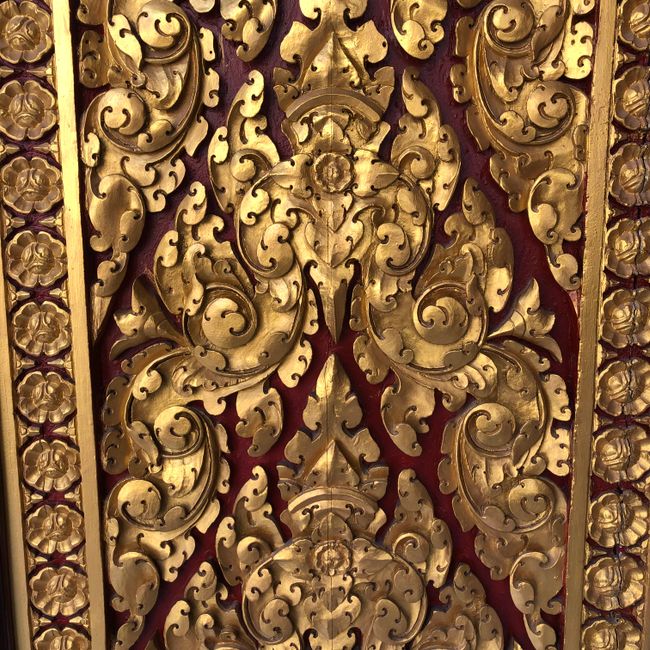
समाचार पत्रिका के लिए सदस्यता लें
Our last two weeks of the trip have begun! Since our return flight is again from Bangkok, we are heading north and have decided to travel to Cambodia again to reach Bangkok by land. So we check in at the tiny airport of Lombok and feel like we're on a deserted planet because there are hardly any other people here! Our flight finally starts with almost three hours delay because our plane has a broken radio - this is nerve-racking because we drive to the runway in between, then there is another problem, then we drive back to the airport where everything is repaired. Despite everything, we send a prayer to heaven during takeoff, asking please, please don't crash. We arrive in Kuala Lumpur at night, where we have to change planes, and search for a place to doze off on the floor among many, many other people. In the process, we are unpleasantly surprised by bed bugs, so we quickly flee to the gate and wait until we can finally continue. Eventually we arrive in Siem Reap in Cambodia. And it's so pleasant to come to a place that is familiar - after all, we have been experiencing new things for months. Since we have already extensively explored the ruins and temples of Angkor Wat during our first visit, we now explore smaller things in the area. We actually wanted to go to Tonlé Sap Lake, but after the long dry season, the lake at the place where you can visit "floating villages" has almost no water, and in addition, the nice lady at the reception advises us not to go on the trip. Since we have also read a lot of negative things on the internet (keyword "tourist trap"), we decide not to go. Instead, we visit a silk farm on the same day and are amazed by the incredibly elaborate production of silk, from the silk caterpillars to stretching the individual silk threads, weaving the fabric, batik dyeing and weaving and embroidering patterns. When you see all the work steps, you understand why this product is so expensive and valuable.
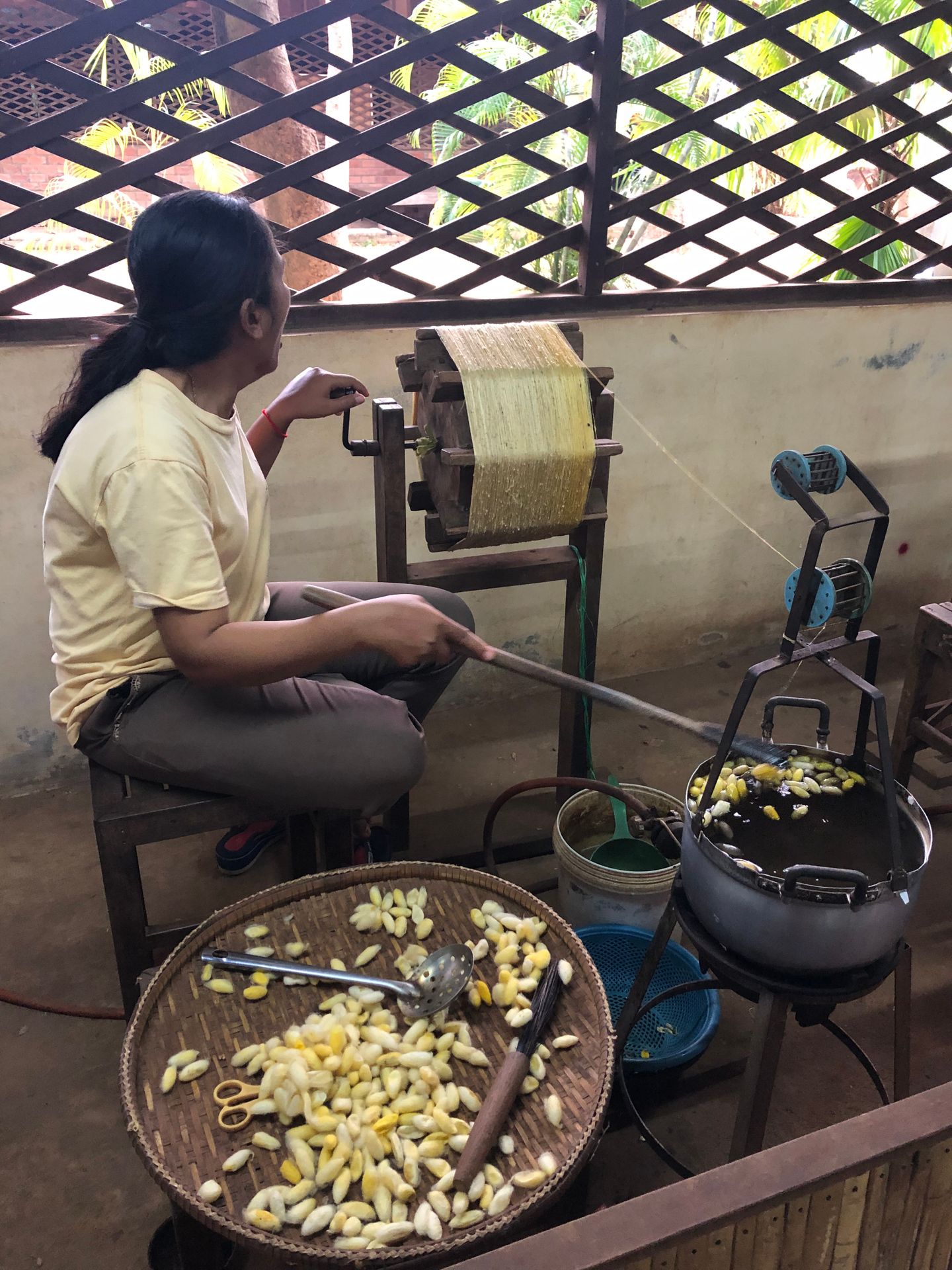
The next day we visit the APOPO Visitor Center. The APOPO organization trains African giant rats in Tanzania to detect landmines and then dispatches the so-called "hero rats" to regions still affected by landmines. There are still many landmines and unexploded ordnance from the Vietnam War in Cambodia's soil, making it impossible or very dangerous for many people to work in the fields. The rats can smell the explosive and are light enough not to cause detonation of the mines (the landmines explode at a load of just 3 kilos).

In addition, the rats are very reliable and fast, so they can check the area of a tennis court in less than 30 minutes. A person with a metal detector would need about four days for the same area. We are amazed by these intelligent and truly beautiful animals and the valuable work of the APOPO organization (information at www.apopo.org).
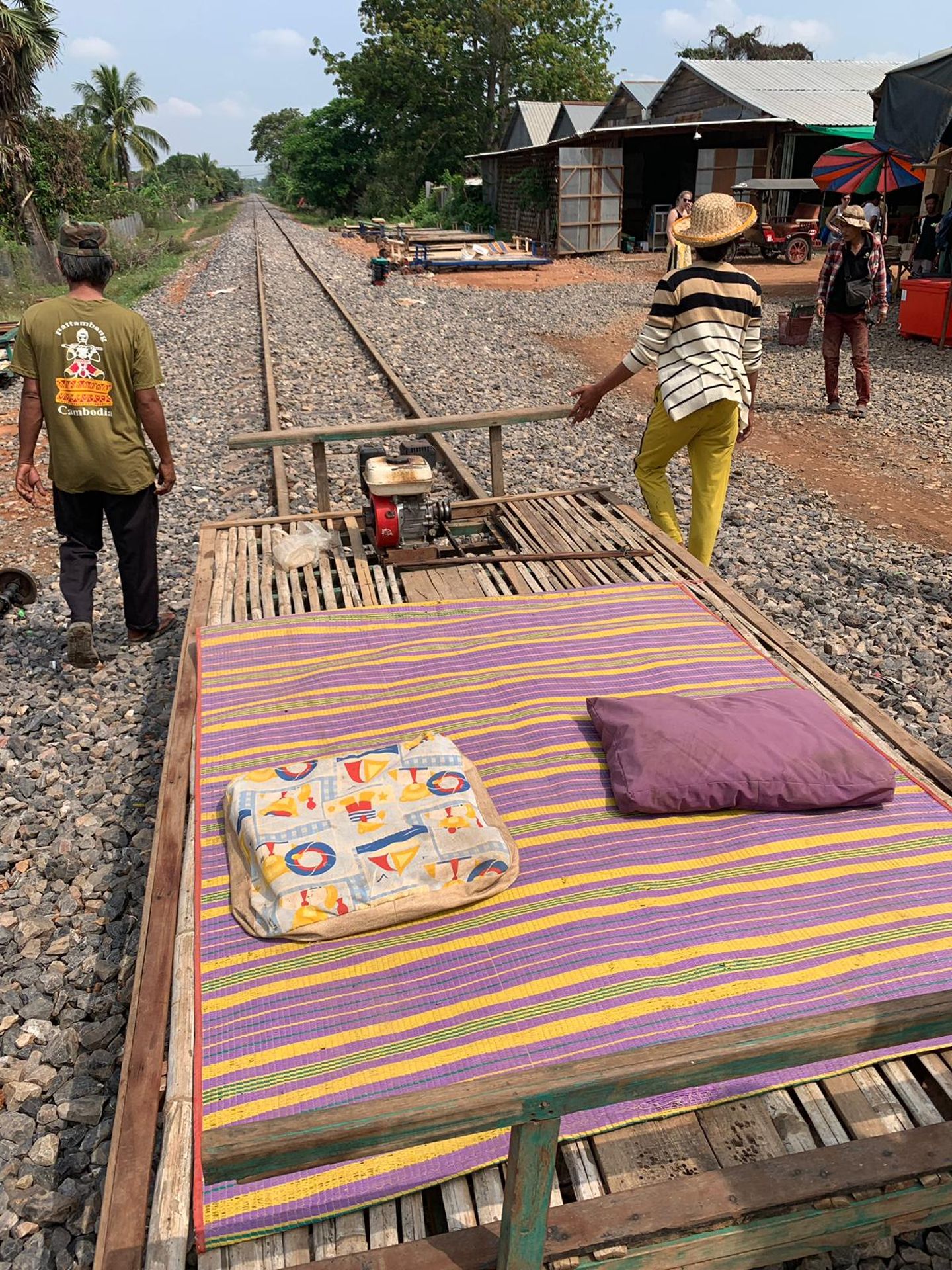


"Sorry, do you speak English? Can you tell us where the Silver Pagoda is?" - I point to the Pagoda, which is the largest, most noticeable, and most visited building in the complex - "Uh... we are confused. Is that really the Silver Pagoda?" - yes - "Did they paint it gold now?" - uh, no - "But why is it called the Silver Pagoda?" - it's the floor. But it's covered. The two of them first look at me, then at themselves, and then we burst out laughing. For us, our journey continues to the island of Koh Rong Samloen - a dream island. On the way, Claudio suddenly gets a high fever, so he is now also affected by travel sickness shortly before the end. Get well soon!
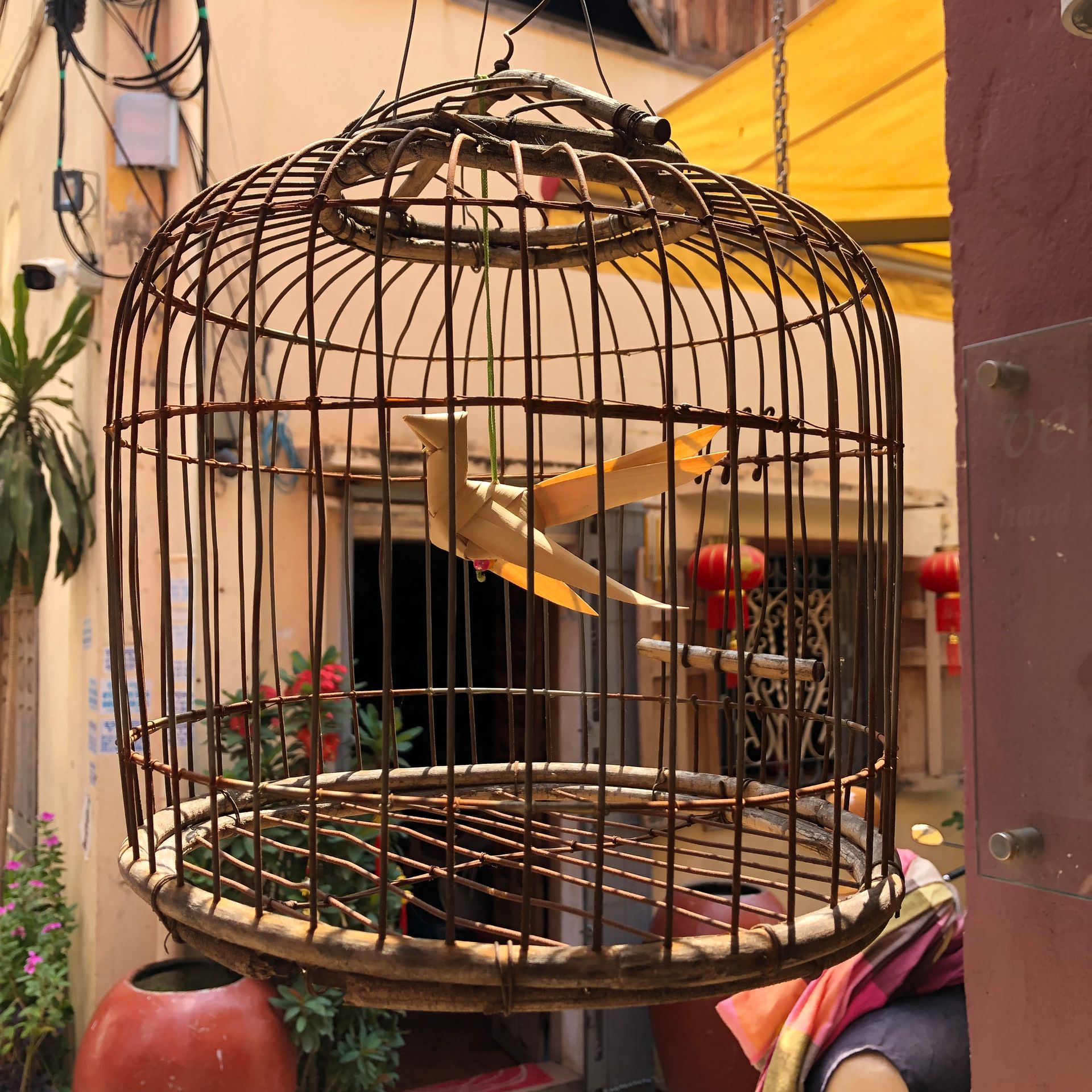
समाचार पत्रिका के लिए सदस्यता लें
उत्तर
